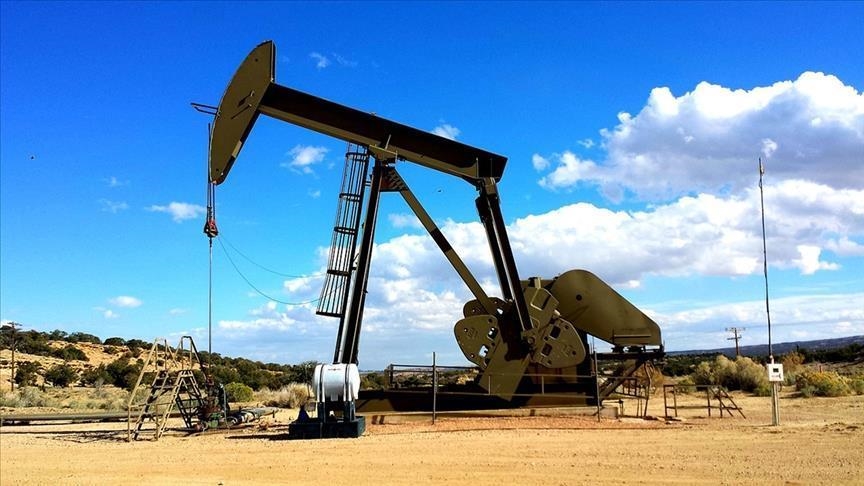ANKARA
Oil prices increased in early trade on Monday due to geopolitical tensions that are threatening global oil supply and the better-than-expected economic data in China, although uncertainty over the timing of the US Federal Reserve’s (Fed) interest rate cuts limited further price upticks.
International benchmark Brent crude traded at $85.90 per barrel at 11.12 a.m. local time (0812 GMT) for a 0.65% increase from the closing price of $85.34 a barrel in the previous trading session.
The American benchmark West Texas Intermediate (WTI) traded at $81.17 per barrel at the same time, a 0.73% rise from the previous session that closed at $80.58 per barrel.
Early Asian trade on Monday saw an oil price rally following Israeli Prime Minister Benjamin Netanyahu’s comments that he would not bow to international pressure to halt the war on the Gaza Strip on Sunday, fueling global supply fears.
“No amount of international pressure will stop us from realizing all the goals of the war: eliminating Hamas, releasing all our hostages and ensuring that Gaza will no longer pose a threat against Israel,” Netanyahu said at a government meeting.
The Israeli premier said pressure on Israel within the country to focus on holding fresh elections in the country would be detrimental to achieving the government’s goals.
“If we stop the war now before all of its goals are achieved, it means that Israel has lost the war, and we will not allow that,” he said.
Despite international warnings, Netanyahu on Friday approved military plans for a ground operation in Rafah, where more than 1.4 million people have taken refuge from Israel’s ongoing war on the Gaza Strip.
“Those who say that the operation in Rafah will not happen are the same ones who said that we will not enter Gaza, that we will not operate in Shifa, that we will not operate in Khan Younis, and that we will not resume fighting after the [weeklong November] cease-fire,” he added.
Israeli attacks on Al-Shifa hospital in northern Gaza with tanks and heavy gunfire violating international humanitarian laws early Monday further shored up global supply risks and placed upward pressure on prices.
Ukrainian drone attacks on Russian refineries last week also created unease in Europe and put upward pressure on crude oil prices.
“Ukrainian drone attacks took out three Russian refineries last week, which account for 12% of Russia’s total oil processing capacity. This has seen refinery margins pick up amid tighter availability of oil products in Europe,” according to Daniel Hynes, a commodity strategist at Australia and New Zealand Banking Group.
Meanwhile, China’s economic growth was buoyed by strength in factory output and investments at the start of the year, although uncertainty over a rebound in oil demand continues.
Industrial output rose at a much faster pace than market estimates, rising 7% in the January–February period compared to the same period a year earlier, the National Bureau of Statistics said Monday.
However, uncertainty over the US Fed’s upcoming monetary decision weighed on prices.
Experts forecast that the bank will leave the policy rate unchanged and will not start rate cuts in May as previously expected.
This will keep oil prices suppressed for now as high interest rates boost the value of the US dollar, a move that is set to deter oil trade by making oil more expensive for holders of other currencies.

